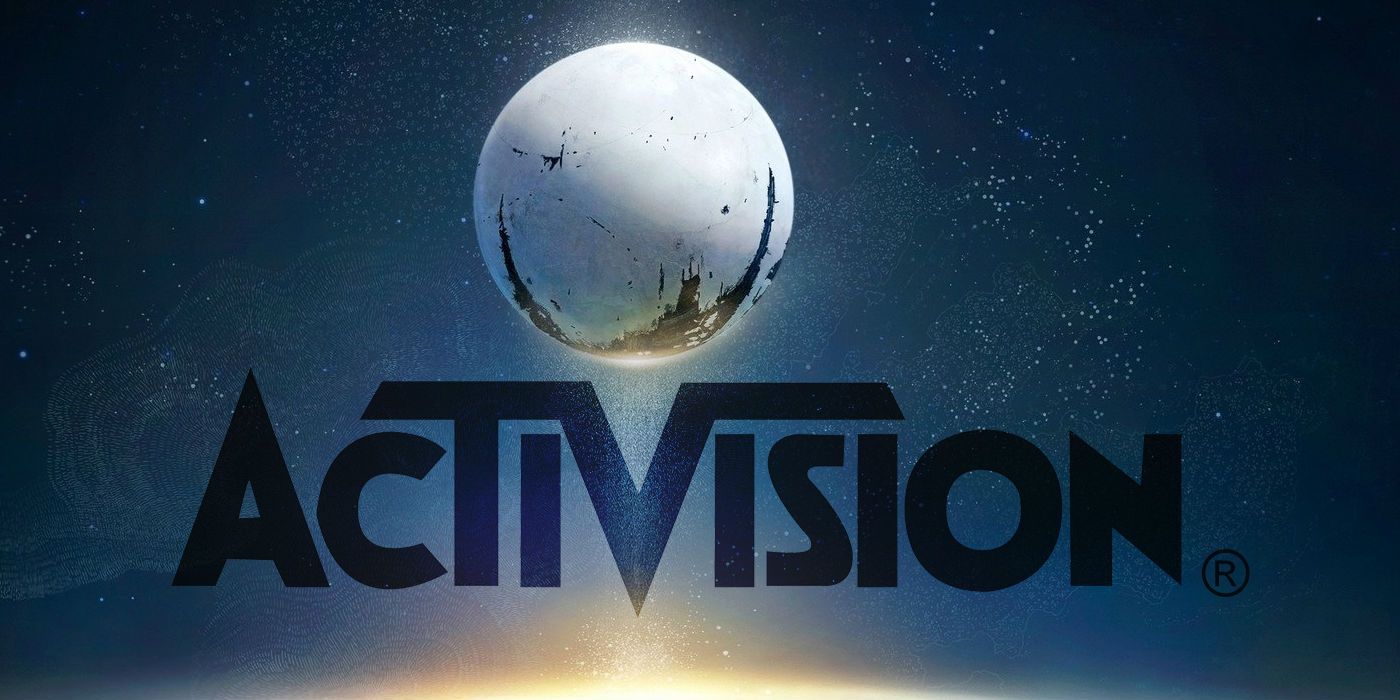Call of Duty WWII developer Activision have been granted a patent for a new matchmaking system - one that analyzes player behavior and tweaks their gaming experiences to encourage microtransactions. Loot Boxes and in-game purchases have become increasingly controversial, with more triple-A games releasing with some variation of this component. The recent beta for Star Wars Battlefont II raised the issue of how monetized loot boxes have become problematic. Likewise, the full release of Middle-earth: Shadow of War has been criticized for being pay-to-win, with a Loot Chest system that allows players to use real-world money to purchase followers, gear, and even XP.
The element of chance inherent in these systems led gamers to question their nature as a form of gambling. The ESRB has since weighed in on the debate and decided that this is not the case. While their legality has apparently been clarified, the morality of targeted microtransactions remains up for debate. Now, Activision is looking to take the next big step of in-game marketing, via a system that can deliberately enhance or reduce your gameplay experience to encourage purchases of in-game content.
Related: Star Wars Battlefront II's Loot Box Problem
Rolling Stone first reported the story about Activision's new patent, which is described as a "computer-implemented method of driving microtransactions in a multi-player game". The story has since been picked up by news outlets and YouTubers like Downward Thrust, who broke down the patent and what it could mean for the future of gaming. Take a look at the video below:
This system will affect the matchmaking process in games, factoring in player skill level, Internet lag, availability of friends, preferred playing styles, and so on. At face value, the system should improve gameplay, making matchmaking more personalized than ever. However, this patent is specifically concerned with using this matchmaking in order to push in-game sales. Part of the patent reads:
“For example, if the player purchased a particular weapon, the microtransaction engine may match the player in a gameplay session in which the particular weapon is highly effective. This may encourage the player to make future purchases to achieve similar gameplay results.”
This paragraph is the very definition of pay-to-win, with in-game purchases resulting in the reward of manufactured victories. The patent goes on to suggest a deeper level of specificity to the system, suggesting that it could deliberately manipulate beginners into purchases by matching them with expert players with a playing style that the beginner wishes to emulate:
"For instance, the microtransaction engine may match a more expert/marquee player with a junior player to encourage the junior player to make game-related purchases of items possessed/used by the marquee player. A junior player may wish to emulate the marquee player by obtaining weapons or other items used by the marquee player."
A spokesperson for the developer clarified that this system has not been implemented in-game as of yet, referring chiefly to the recent release of Destiny 2 and the forthcoming release of Call of Duty WWII.
NEXT: Are Lootboxes & Microtransactions a Necessary Evil?
Stay here with Screen Rant as the debate about microtransactions and Activisions new patent system unfolds.
Source: Rolling Stone, Downward Thrust

